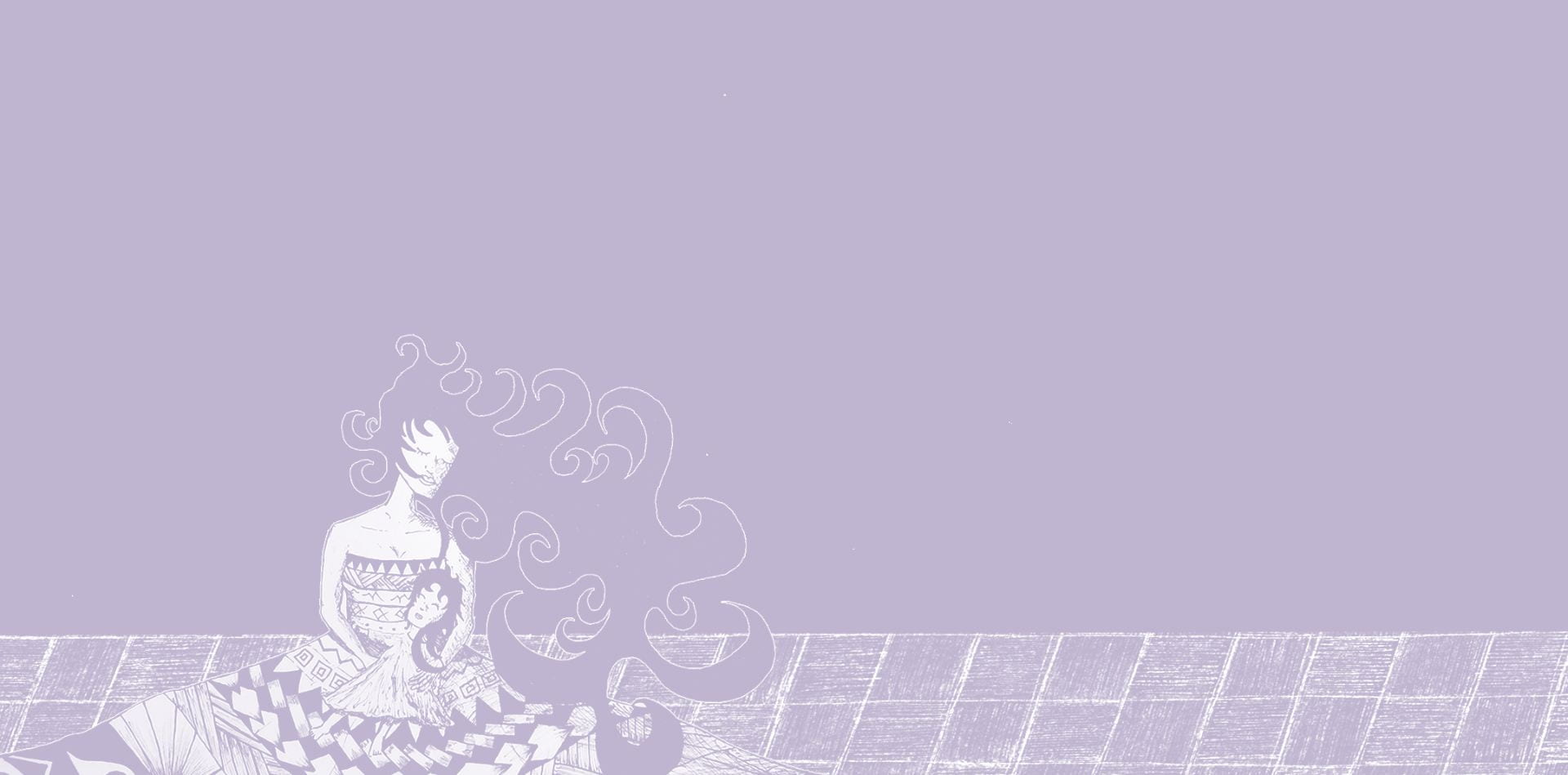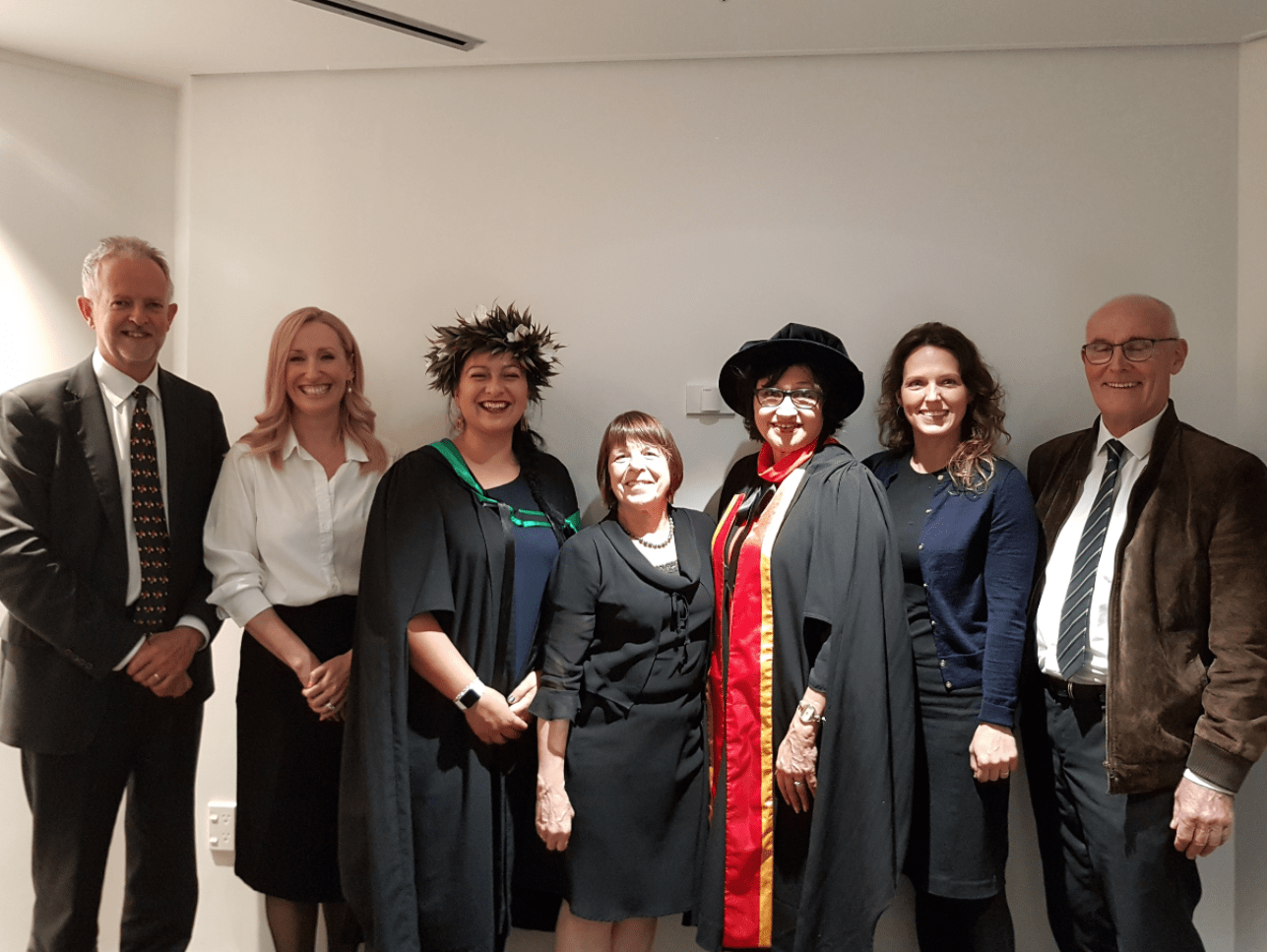Understand Me
Stories Conversations of Tamariki/Children,
Whānau/Families and Kaiako/Teachers
Funded by Auckland Airport Community Trust
2019-2020
Mā ngā kōrero tuku iho tātou me ō tātou ao e kitea ai, e rongongia ai, e whaiora ai.
E tatou te fauina i tatou ma o tatou si’osi’omaga, e ala iā tatou tala.
We craft ourselves and our worlds in stories.

About “Understand Me“
The student’s voice in the quote is the pivot point for the proposed study: Understand Me. Family sociocultural knowledge that is distant from school-sanctioned knowledge is often undervalued or goes unrecognised in schools, particularly for families who are culturally and linguistically diverse (Si’ilata, 2014). The following question guides the study: How does sharing memorable stories between a child, parent, or teacher opening for understanding?
Understand Me is a project with a partnership of school leaders, teachers and university researchers to extend and deepen knowledge of others through storied conversations. Through the listening and sharing of stories, we enter one another’s worlds and find new ways to connect, which enhance the learning-teaching pathways. Four teachers, 15 tamariki/children and their whānau/families and kaiako/teachers in a primary school participated in clusters (child-parent-teacher), meeting three times each for a total of 45 sessions. This project has evolved as we have interacted with one another, school leaders, teachers and parents in multiple meetings. Participants were enrolled as child-parent-teacher triads to engage in a sequence of three story-sharing experiences with a researcher as an attentive listener and facilitator. The aim is reciprocal understanding of another’s lived experiences and ways of meaning, and about our identities within these defined communities.

Information for Educators
If our stories are “us” and we craft ourselves and worlds in stories, for example, can the teacher better understand where the child is coming from, after hearing their personal story? As real partners, teachers and educational leaders will work alongside the university team as co-researchers. In this way, we will build new perspectives and understandings of children and families together that will empower learners.
In the initial story session, child-parent-teacher will each be asked an open-ended question to initiate conversation and to become familiar with the process. In the second session, the child-parent-teacher will each share a significant and memorable, life experience. Each person’s oral story will be reconstructed as a written story and collated by triad for member checks. In the final session, storytellers in each triad will be invited to talk about the story-sharing experience and the influence of the stories on their understandings of family members or teachers, and of themselves and on any subsequent actions and imagined future actions.

Research Team
Understand Me Research Team with those involved in the project (Left to Right) Judge Andrew Becroft, Natalie Vincent (Trust Manager, Auckland Airport Community Trust), Jacoba Matapo (Associate Dean Pasifika), Janet Gaffney (Director of the Marie Clay Research Centre), Tauwehe Tamati, Meg Jacobs, Peter Conroy (Principal of Papatoetoe North School)
Our Work
Below is a list of work completed by the members involved in this project:
Gaffney, J. S., Tamati, S. T., & Jacobs, M. M. (October 8, 2019). Understand me: Storied conversations of tamariki/children, whānau/familes and kaiako/teachers. Auckland Airport Community Trust Annual Report (pp. 5-6). Auckland Airport.
Gaffney, J. S. (2020, December 2-5). Storying “storying methodologies”: Being, listening-telling, and un/knowing through early childhood multimodal literacies [Symposium]. Literacy Research Association Conference (virtual). Chair: Janet S. Gaffney, Discussant: Candace Kuby.
Jacobs, M. M., Gaffney, J. S., & Tamati, S. T. (2020, December 2-5). In the clothes Oma carried: Embodied storying in early childhood. In J. S. Gaffney (Chair), Storying “storying methodologies”: Being, listening-telling, and un/knowing through early childhood multimodal literacies [Symposium presentation]. Literacy Research Association Confernece (virtual).

Harakeke
We simply borrow
The threads we weave
To hold for a while
To sense and to feel,
The Harakeke belongs
To earth and to kin,
We simply borrow
The languages, histories and culture we weave
The stories we hold for a while
To sense and to feel
To belong
To connect earth, oceans and kin.
By Jacoba Matapo (8 December 2020)


